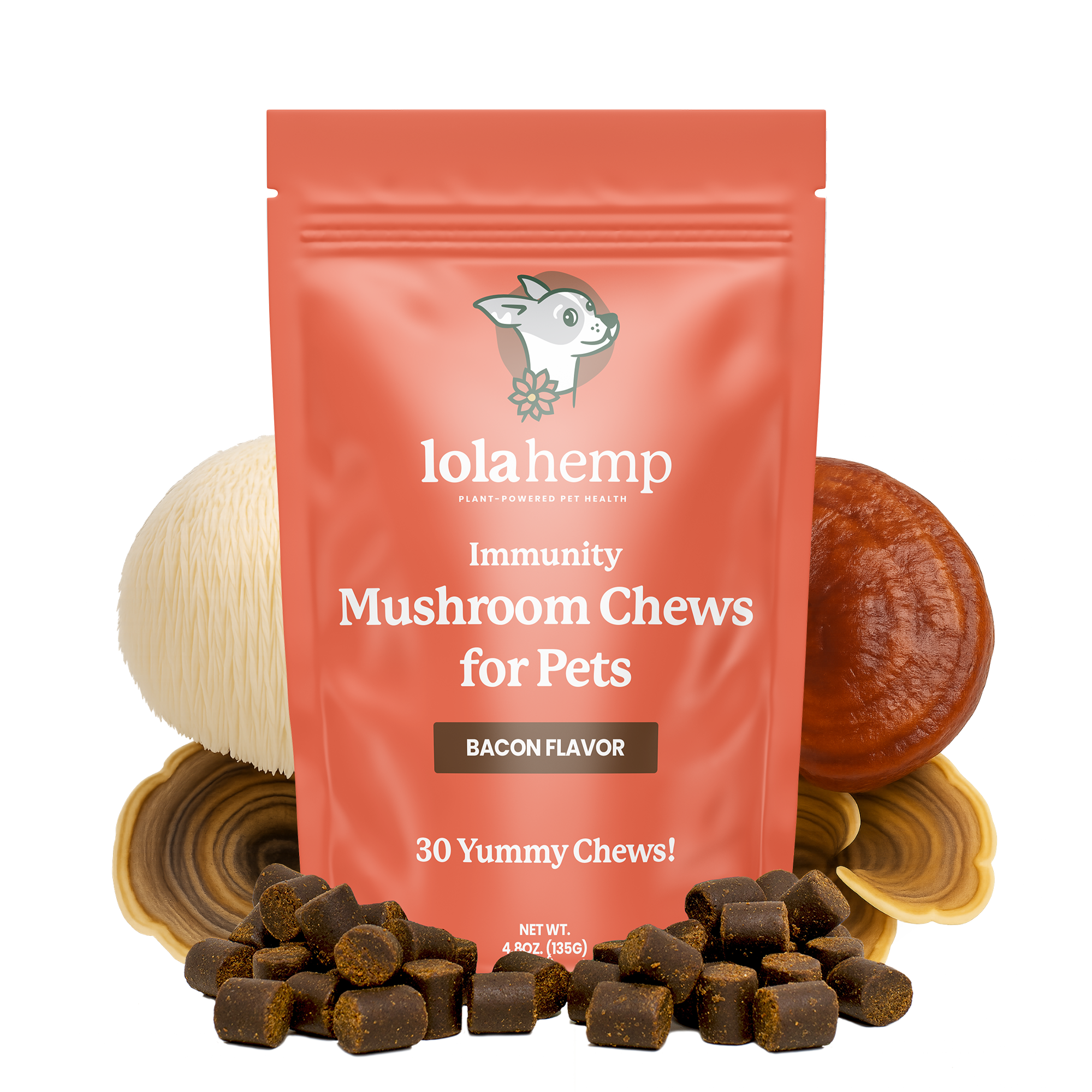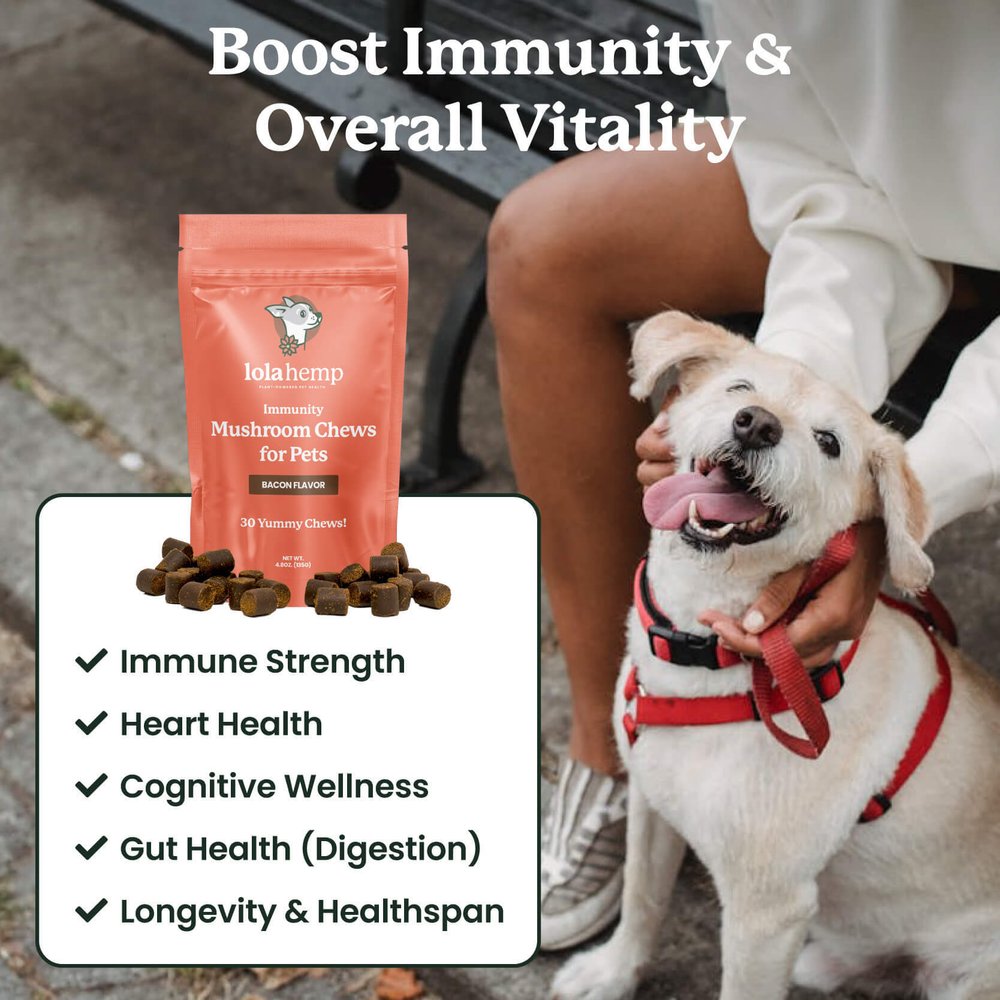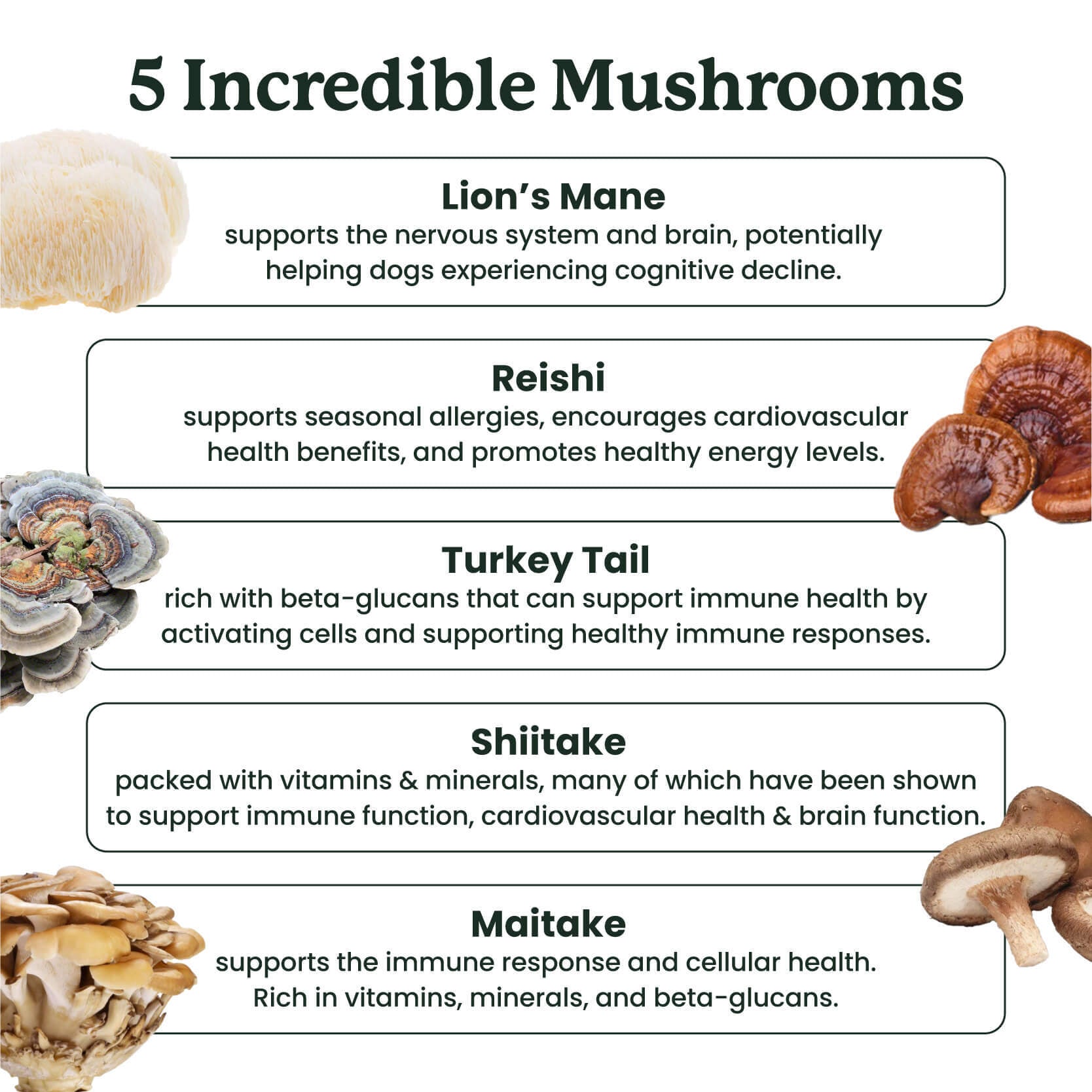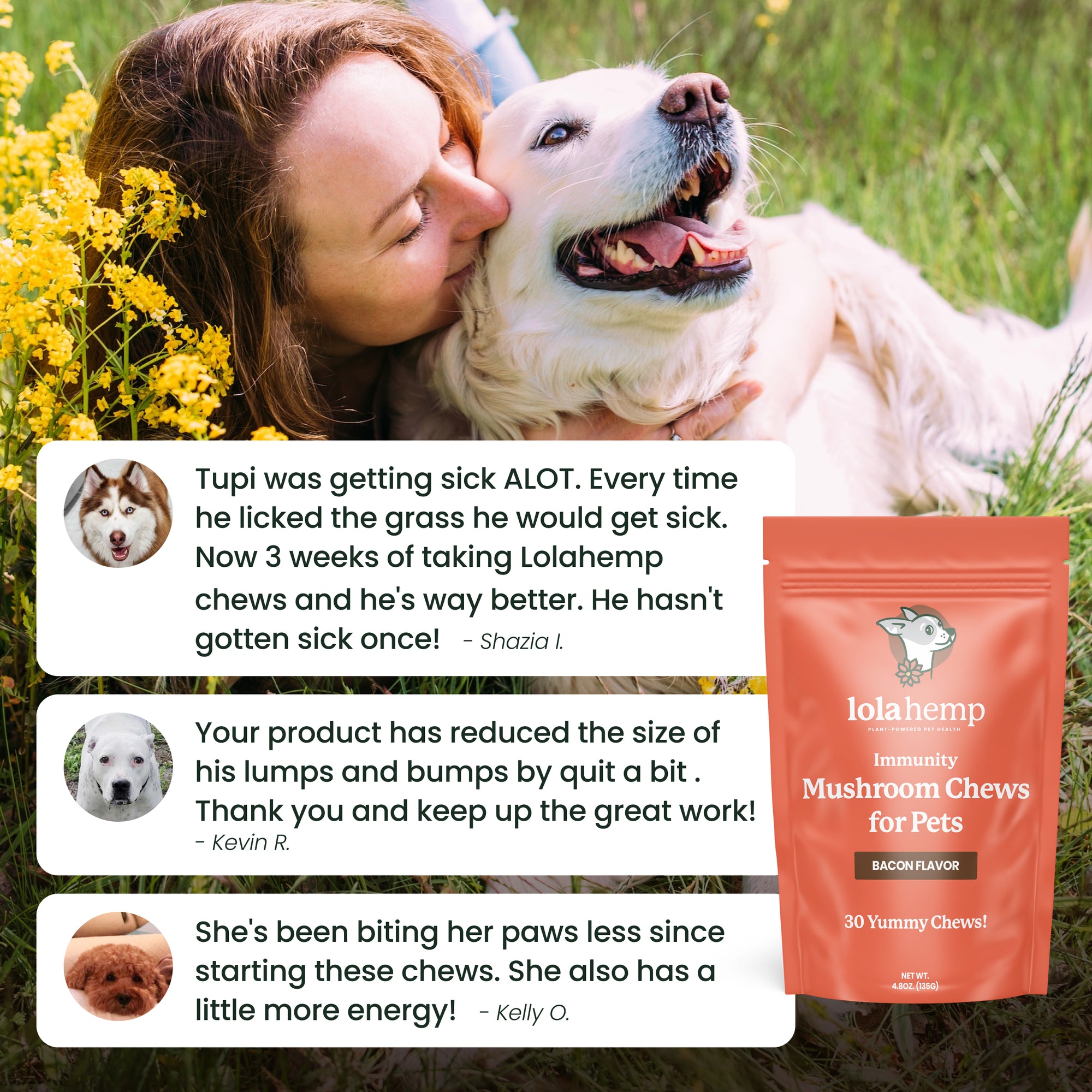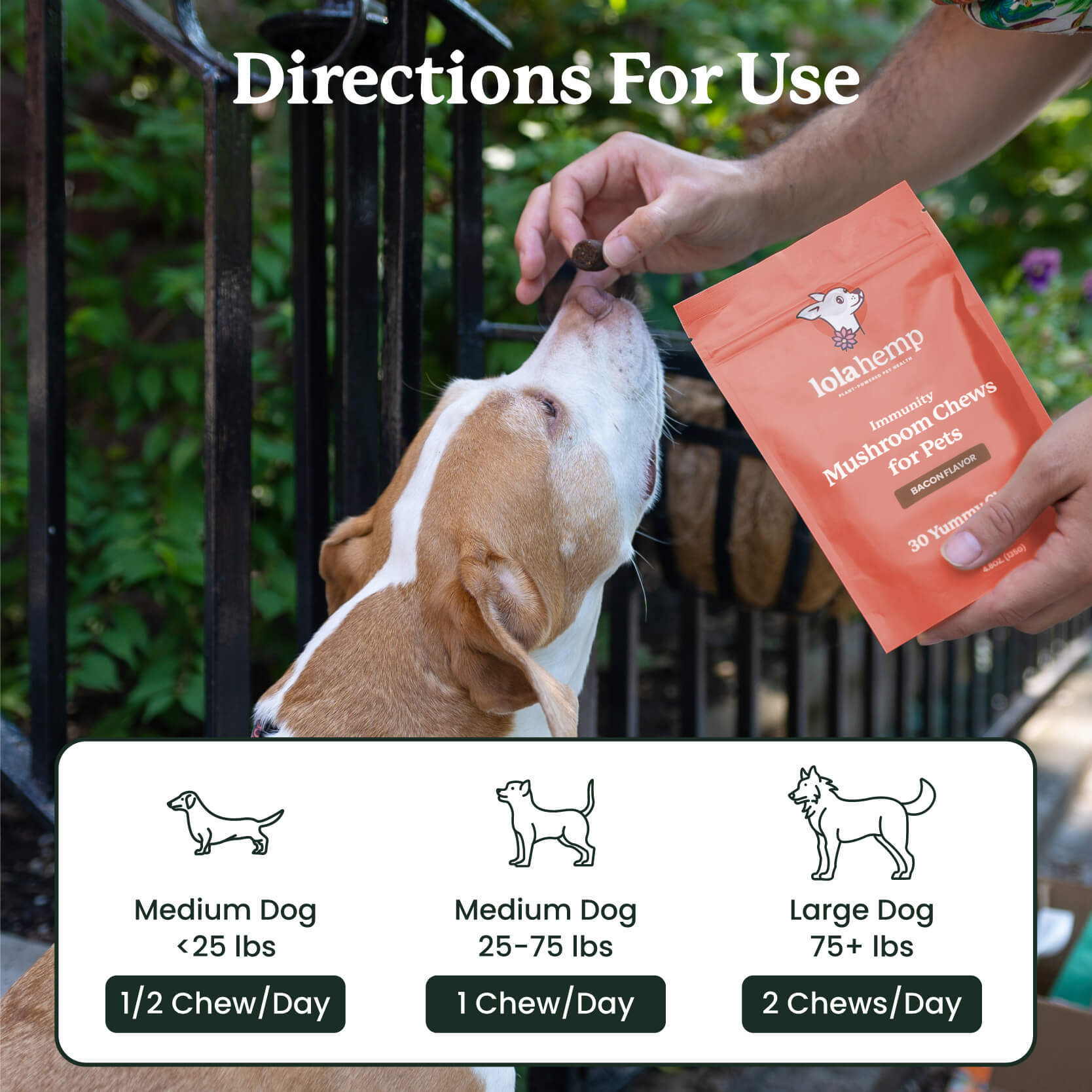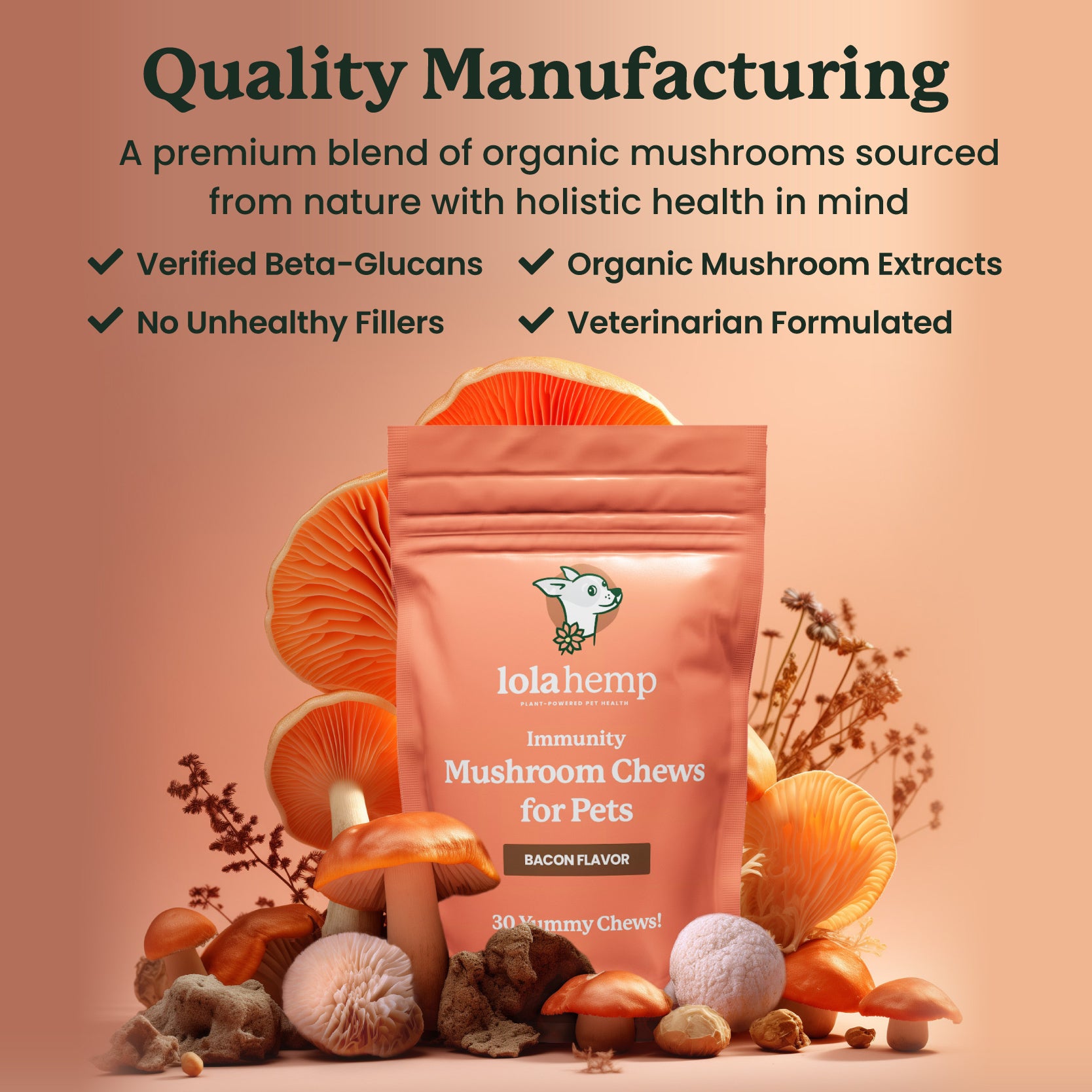The Golden Retriever was bred in Scotland during the mid-1800s as a specialized sporting dog with the ability to retrieve game from water or land without damaging the animal with their bite.
This is the reason that Golden Retrievers have such a soft jaw when grabbing something from your hand or even picking up a toy. These dogs were bred to be excellent companions that thrive on commands from their owners, and they adore going on adventures of any kind with their humans.
Let's learn a little more about Golden Retrievers, their history, and their modern roles in the lives of millions of people.
The History of The Golden Retriever
Golden Retrievers were first bred in the 19th Century, primarily by a man named Dudley Majoribanks. This man would later be known as Lord Tweedmouth, which is an interesting title for anyone to have!
The ultimate goal in breeding the Golden Retriever was to produce a "gundog" that could effectively retrieve game from the wintry mix of the Scottish highlands. This area is host to a variety of weather systems, including a lot of wet, rainy, and marshy areas where fowl are heavily present.
These environments require a dog to have a water-resistant and insulated coat, sharp attention, great sense of scent, and strong sense of obedience to its owner. Retrieving waterfowl in complex environments is difficult, important work. It was especially important at a time when hunting was a primary food source for many people.
Fortunately, Lord Tweedmouth was successful in his efforts, arriving at the great Golden Retriever. A beautiful side effect of these qualities was a personality and appearance that can instantaneously melt the hearts of humans everywhere.
Specifically, Golden Retrievers were bred from a mixture of the following breeds:
- Yellow Wavy-Coated Retriever (now extinct)
- Tweed Water Spaniel (also extinct)
- Bloodhound (for scenting and tracking)
- Irish Setter (for endurance)
- Additional Retriever Breeds (to reinforce coat type)
In modern-day life, Golden Retrievers are only occasionally used as hunting and retrieving dogs, but they still hold a variety of important positions. These dogs excel as service dogs, search and rescue dogs, therapy animals, detection dogs, and even competitive sporting dogs.
They are an extremely well-rounded breed, with abilities that far outstretch their original purpose. Additionally, they have a near-flawless temperament that makes them exceptionally great family dogs.
Personality & Qualities of a Golden Retriever
Golden Retrievers are generally eager to please, friendly, and loyal to a fault. Despite their goofy and affable disposition, they are very intelligent. Golden Retrievers are highly trainable and often excel wherever they're placed. They just happen to enjoy a hard day's work by flopping around with a dorky smile and a healthy snuggle on the couch.
These dogs were bred to tolerate groups of people, loud noises (gunshots, specifically), and other dogs participating in a given hunt. As a result, Golden Retrievers are naturally tolerant and non-reactive to sounds, people, and other dogs.
This isn't to say that there aren't a few exceptions to that rule, but the overwhelming majority of Golden Retrievers possess the friendly and tolerant qualities they've come to be known for.

One often-overlooked quality of Golden Retrievers is their need for activity. Golden Retrievers are often coveted, and many people don't realize that these dogs aren't caricatures of the cartoon dogs they're thought to be - they were bred to run and retrieve.
It's absolutely essential that Golden Retrievers have lives full of activity. If they're deprived of proper physical exercise, they can be prone to anxiety and destructive behaviors. The same goes for social interactions. Golden Retrievers are deeply social, and companionship is an absolutely essential requirement for all owners.
Golden Retriever Health Issues to Note
Golden Retrievers, like many other large dogs, are prone to hip and elbow dysplasia. This is a condition where the hip or elbow joint doesn't fit properly, often due to accelerated growth in adolescence.
This can result in a limp and significant pain later in life, and it can lead to an overwhelming loss of quality of life if it's not managed throughout life. Hip & joint supplementation, weight control, and appropriate levels of activity are essential to keep your Golden Retriever's joints healthy into old age.
Another major concern for Golden Retrievers is cancer. According to the Morris Animal Foundation Golden Retriever Lifetime Study, roughly 60% of Golden Retrievers die from cancer in the United States.
This risk is largely genetic, so there's little that dog owners can do to prevent it. In some cases, you may be able to find breeders that have screened for cancer and thereby reduce the odds of it occurring in their dogs.
Still, there are a handful of things that may reduce the chances of a Golden Retriever developing cancer. UC Davis Veterinary School studies suggest that delaying spaying/neutering Golden Retrievers until at least 12 months of age can reduce the odds of cancer.
Apart from delaying spaying and neutering, you can support a Golden Retriever's resistance to health issues like cancer by ensuring that they have an excellent diet. Anti-inflammatory diets and lifestyle practices can cut down the risk of chronic inflammation, which is a key contributor to cancer in general.
Lastly, you can help your Golden Retriever by limiting exposure to environmental toxins that elevate cancer risks. The relationship between Golden Retrievers & cancer vulnerability isn't completely understood, but they may be more biologically sensitive to toxins and carcinogens than other breeds in addition to having a genetic predisposition to develop cancer.
This means that you have good reason to mindfully choose your lawn products, your cleaning products at home, some flea and tick products, and more when they could affect your dog. The same goes for the diet you choose to give your Golden Retriever.
The best thing you can do is consult your veterinarian and ensure that you stay up-to-date with veterinary checks for early detection.
So, Should You Own a Golden Retriever?
Owning a Golden Retriever is a big responsibility, but it's one that pays itself back tenfold. These are excellent dogs, and there's a reason they've been chosen time and time again by families, individuals, and those in need of service animals.
The require a healthy amount of exercise and love, so they're not for the absent pet parent. Additionally, the health concerns they face are worth considering, as they could lead to some emotional and financial strain. Finding out that a Golden Retriever has cancer is a terrible news, and you can bet that you're going to do whatever you can to help them stick around.
So, while Golden Retrievers have rightfully earned their spot at the top of the domestic dog's "most-wanted" list, it's important to consider the realities of their lives and how well you would be able to give a Golden Retriever the care it deserves.

